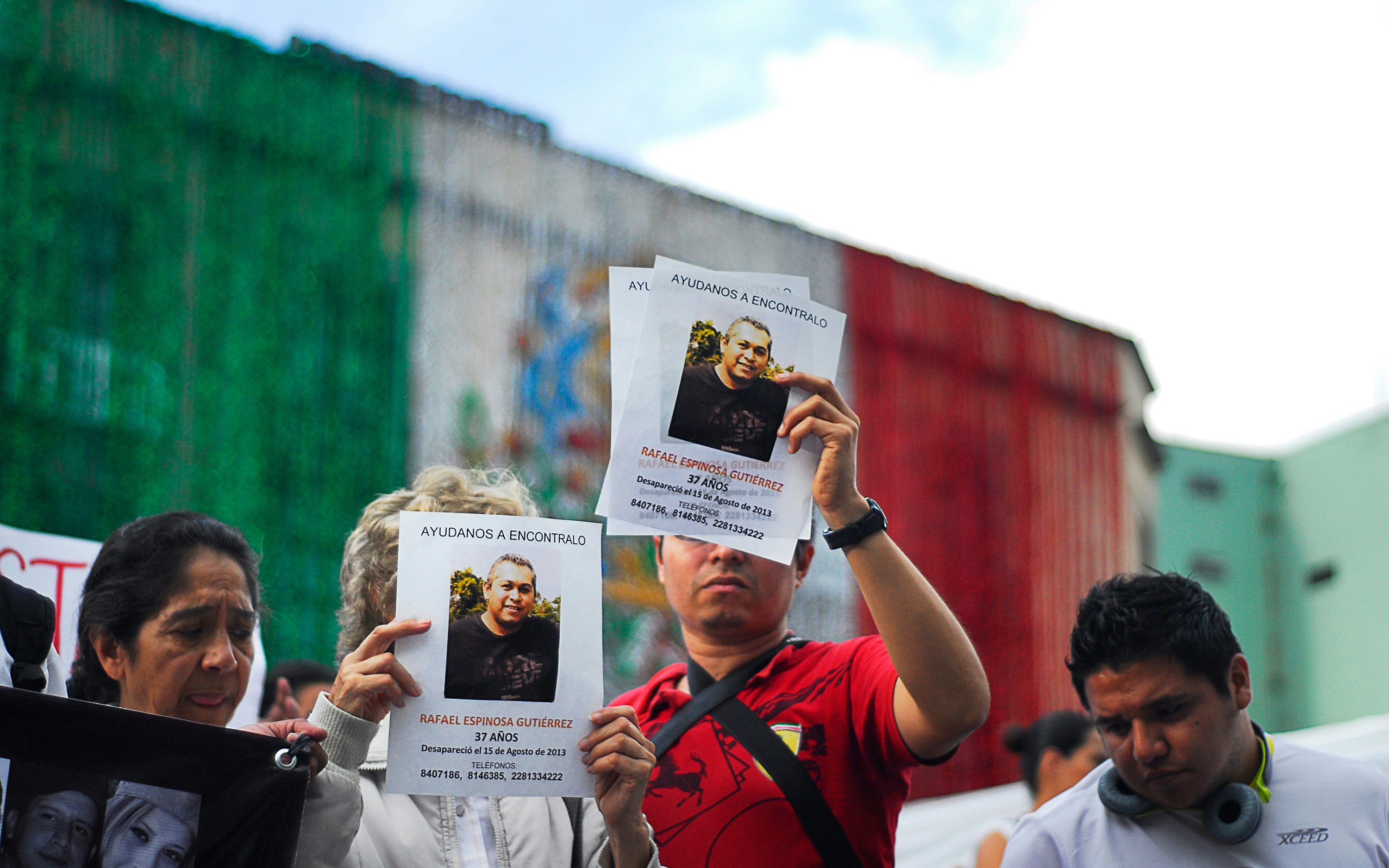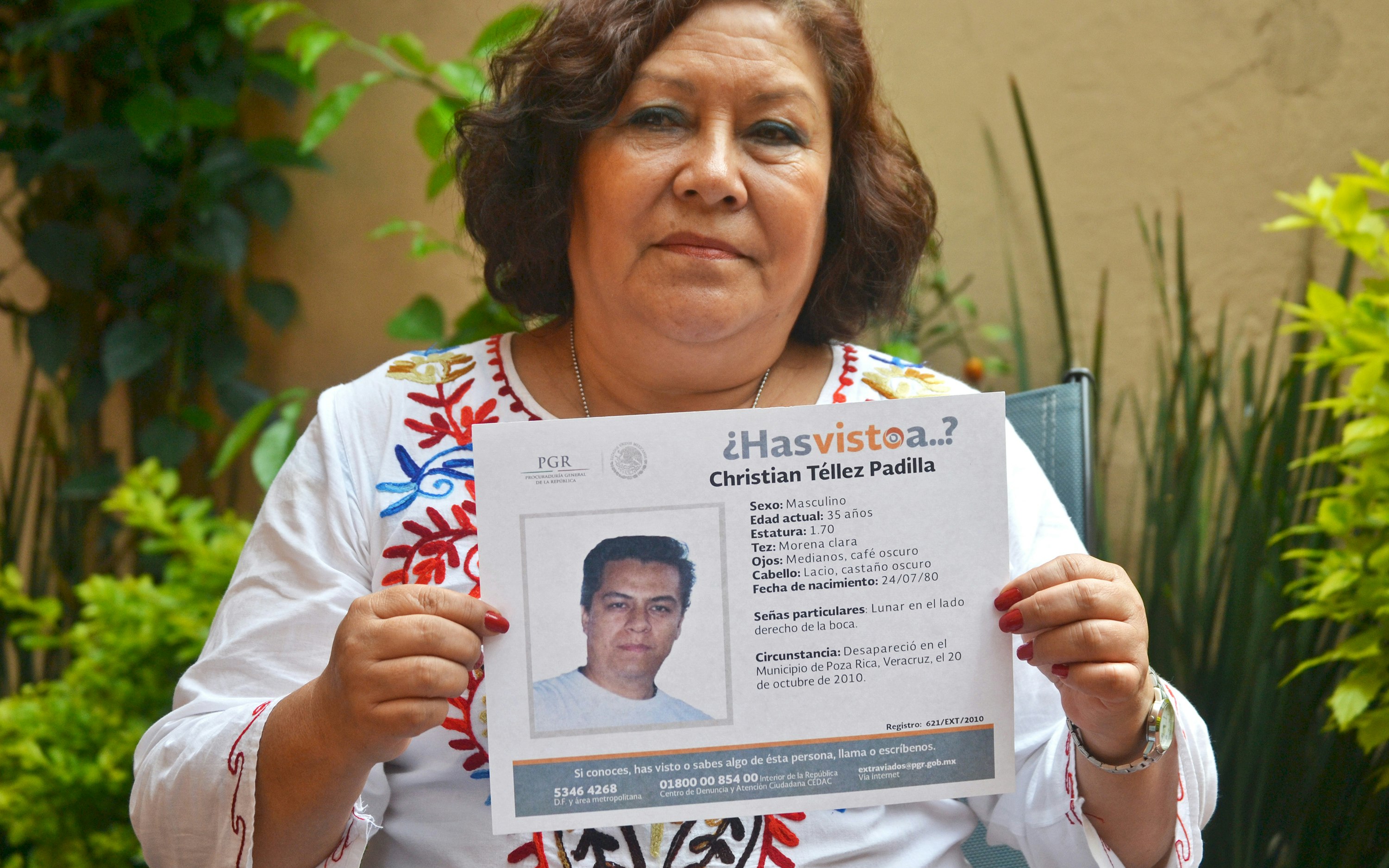Undeniable Atrocities: Confronting Crimes against Humanity in Mexico
There is a “reasonable basis” to believe that both Mexican government forces and the Zetas drug cartel have committed crimes against humanity against civilians over the past decade, according to this report from the Open Society Justice Initiative and five Mexican partners.
The report, Undeniable Atrocities: Confronting Crimes against Humanity in Mexico, also accuses successive governments of almost completely failing to ensure accountability for atrocity crimes, due primarily to political obstruction. It calls on Mexico to create an internationalized investigative body, based inside Mexico, with the power to prosecute both atrocity crimes and corruption.
Undeniable Atrocities incorporates over three years of research by the Open Society Justice Initiative and five independent Mexican human rights organizations: Comisión Mexicana de Defensa y Promoción de los Derechos Humanos, Centro Diocesano para los Derechos Humanos Fray Juan de Larios, I(dh)eas Litigio Estratégico en Derechos Humanos, Fundación para la Justicia y el Estado Democrático de Derecho, and Ciudadanos en Apoyo a los Derechos Humanos.
The report’s analysis relies on legal standards of the Rome Statute, which established the International Criminal Court, and which Mexico ratified in 2005.
Case Watch: A Mother’s Search for Her Son Leads to Groundbreaking Decision on Disappearances in Mexico
In a major victory for the hundreds of disappeared people and their loved ones in Mexico, the nation’s highest court recognized the mandatory nature of urgent actions issued by the UN Committee on Enforced Disappearances.

Human Rights Groups Alert U.N. to Alarming Actions by Mexican Prosecutors
More than 120 human rights groups and individuals are warning the U.N. about alarming trends emerging from Mexico’s new national Prosecutor General’s Office and the State’s Prosecution services.
Case Watch: UN Finds Mexico Responsible for Man’s Disappearance, Relies on Witness’s Word
There are more than 40,000 people who are missing in Mexico. One family’s journey to find out what happened to their son could help others seeking justice.



